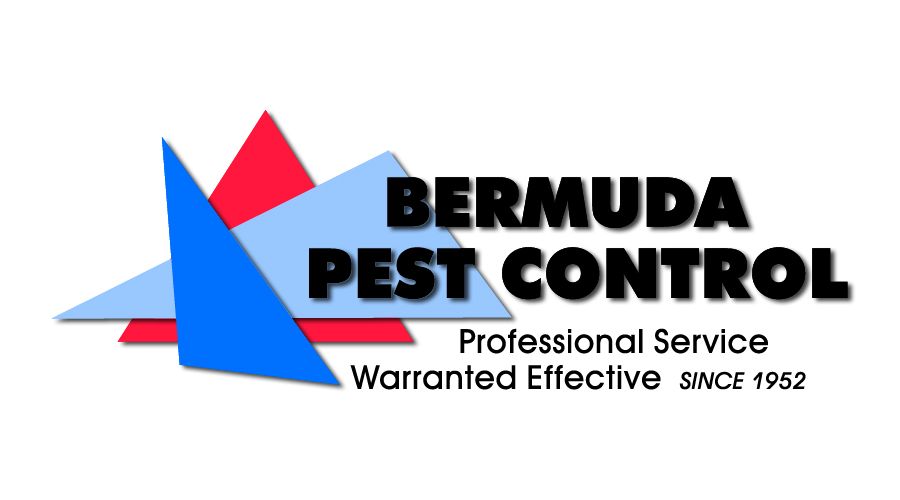How to deal safely with what is bugging you
Pest control expert Walter Saul gives advice on the use of pest control chemicals
Pesticides…
Making sure your home is kept clean and your garden gets enough sunlight and water is often only half the battle in stopping pests from taking over. Occasionally you may need a little chemical help. If the need for pesticide use arises, there are guidelines to follow to help you choose the right product and to use it safely. Be sure you treat the right pest with the right product.
Take a sample (the pest itself, or a plant cutting with the pest) to a professional for identification. Whilst there, ask them which pesticide is appropriate for the job.
Choose the least toxic pesticide available
Many will do the job, but some are more toxic than others. Read the entire label because it contains critical information, like how much pesticide to use, the locations indoors or outdoors where the pesticide can be used, how long before you can re-enter the treated area, how long before you can eat fruits or vegetables after treating, what safety equipment to use and the chemical’s toxicity.
You will find how toxic the product is by the “signal” word located towards the bottom on the front of the label. “Caution” means a low to slight toxicity. “Warning” is moderately toxic, and “Danger” indicates highly toxic or poison.
Never use more than the recommended dose of pesticide, as this can put you or others at risk, and never apply pesticides to any location not specified on the label.
Don’t treat outdoors on a windy day to avoid contaminating non-target items such as roofs, pets or your neighbour’s yard.
Don’t spray or dust before it rains, as it may be just washed away.
Store pesticides in a dry, locked cupboard away from children and food, and always in the original container.
Labels can deteriorate with time; a good idea is to make a photocopy to have for future reference.
Handle containers with gloves — they may be leaking or have residue on the outside.
You should wear appropriate protective clothing: at the very minimum, wear gloves and eye protection when using any chemical.
In case of accidental poisoning, act quickly.
Immediately wash with warm soapy water if pesticide spills on skin or clothing (wash contaminated clothing separate from other clothing). If inhaled or swallowed, go to the emergency room with the pesticide bottle and label (sealed in a plastic bag to prevent further spills)
Disposal
When disposing of pesticide containers, rinse them at least three times to remove any residue.
Spray the rinse water the same way you would the pesticide to clean the nozzle. Puncture empty bottles or bags to prevent any future use, then wrap in newspaper or plastic and discard in regular trash.
Leftover chemicals should be dealt with on Hazardous Waste collection dates.
Never pour pesticides (leftover or not) on to the ground or near water. This can cause serious environmental damage. Talk to your pesticide supplier or pest control representative if you have further queries.
If you feel you would rather use professional pest control, you can call BDA-PEST (232-7378) to reach the offices of Bermuda Pest Control, Ltd. Entering their 60th year of protecting the island’s homes, businesses and residents, Bermuda Pest Control Ltd would be delighted to advise you on the best course of action in dealing with whatever pest is “bugging you”. All of the local professional staff at Bermuda Pest Control have an average length of service of 16 years, are well trained and have the local expertise to help you safely, and effectively.
